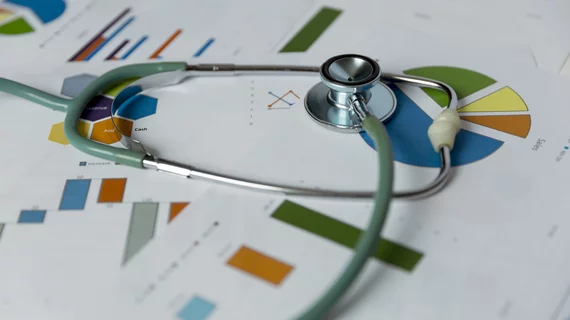Americans have mixed feelings about value of medical care
Americans generally agree science has improved the quality of healthcare, but the vast majority consider it unaffordable, according to a recent Pew Research Center survey.
The survey comes as the national debate continues to swirl around healthcare policy and rising care costs.
Top findings included:
- Americans are split on the overall value of medical care, with 48 percent who said treatments are worth the costs for longer and better quality lives and 51 percent who stated such treatments create as many problems as they solve.
- A big problem in healthcare is cost, according to 83 percent of Americans. Only 14 percent said it was a small problem, and 3 percent said cost was not a problem.
- The high cost of care is a big problem across political party lines: 81 percent of Republicans and GOP-leaning independents and 85 percent of Democrats and Democrat-leaning independents agree.
- Most Americans—90 percent in 2018—believe science has not had a mostly positive effect on the quality of care.
- On prescription drugs, 59 percent of Americans said side effects create as many problems as they solve, while 68 percent agreed it’s a big problem that people rely too much on unnecessary prescriptions.
Affordability
When it comes to value, Americans are somewhat split on their beliefs across demographic and political groups.
Upper-income Americans are more likely to say medical treatments are worth the cost compared to lower-income Americans. Among those with family incomes above $100,000 per year, 62 percent agreed treatments are worth the cost; 57 percent of those with family incomes of less than $30,000 said medical treatments create as many problems as they solve.
Across party lines, 47 percent of Republicans and 50 percent of Democrats say medical treatments are worth the cost because they allow longer, better quality lives.

